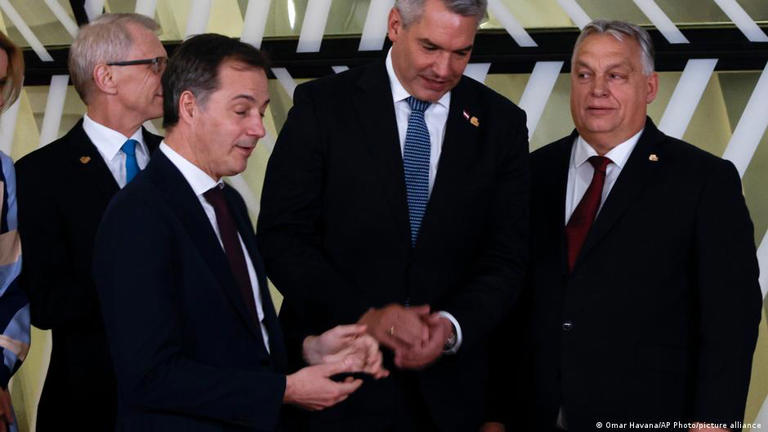
By Elizabeth PUNSU, Kumasi
The European Union (EU), in partnership with France, has extended support to the Ghana Energy Commission in developing draft regulations for Electric Vehicle (EV) charging stations and battery-swap systems.
The regulations aim to address several critical issues, including the need for clear and accessible information for electric vehicle users about charging station locations, service status and costs.
Additionally, it will incorporate environmental considerations – particularly in the management of e-waste from batteries and charging stations.
Delivering a speech at a stakeholder engagement in Kumasi, Head of Political, Press and Information Section at the European Union-Ghana, Jonas Cleas, expressed confidence in the country’s ability to implement these regulation effectively and urged authorities to continue advancing toward a greener energy mix.
“Environmental issues linked to waste management must be part of the licencing criteria to prevent hazardous waste from ending up in Ghana’s wastelands,” he said.
Mr. Cleas also acknowledged the positive steps already taken by government, such as waiving import duties on electric vehicles and introducing a carbon levy.
He further mentioned that as government takes this important step towars embracing electric vehicles, its partnership with the European Union and France serves as a testament to the power of international cooperation in driving sustainable development.
The adoption of this regulation next year is expected to mark a significant milestone in Ghana’s journey toward a cleaner, greener future.
Mr. Cleas then highlighted the EU’s success in regulating its electric vehicle sector, which dates back to 1996 when electric vehicles were still a rarity.
Today, Europe boasts nearly 12 million plug-in passenger cars and an extensive network of 600,000 public and 5 million private charging points. This success story serves as an inspiration for Ghana, which currently has only five charging stations – all located in Accra. However, with the new regulation in place Ghana aims to increase this number to 1,000 charging stations by 2028.
Speaking to journalists after the event, Director of Renewable Energy and Energy Efficiency, Energy Commission, Kofi Agyarko mentioned that government needs to create a good and enabling environment for the EV market to thrive – and for that to happen there is bound to be regulation, as a free-for-all market will not achieve much.
The post EU supports regulation for EV charging stations appeared first on The Business & Financial Times.
Read Full Story













Facebook
Twitter
Pinterest
Instagram
Google+
YouTube
LinkedIn
RSS